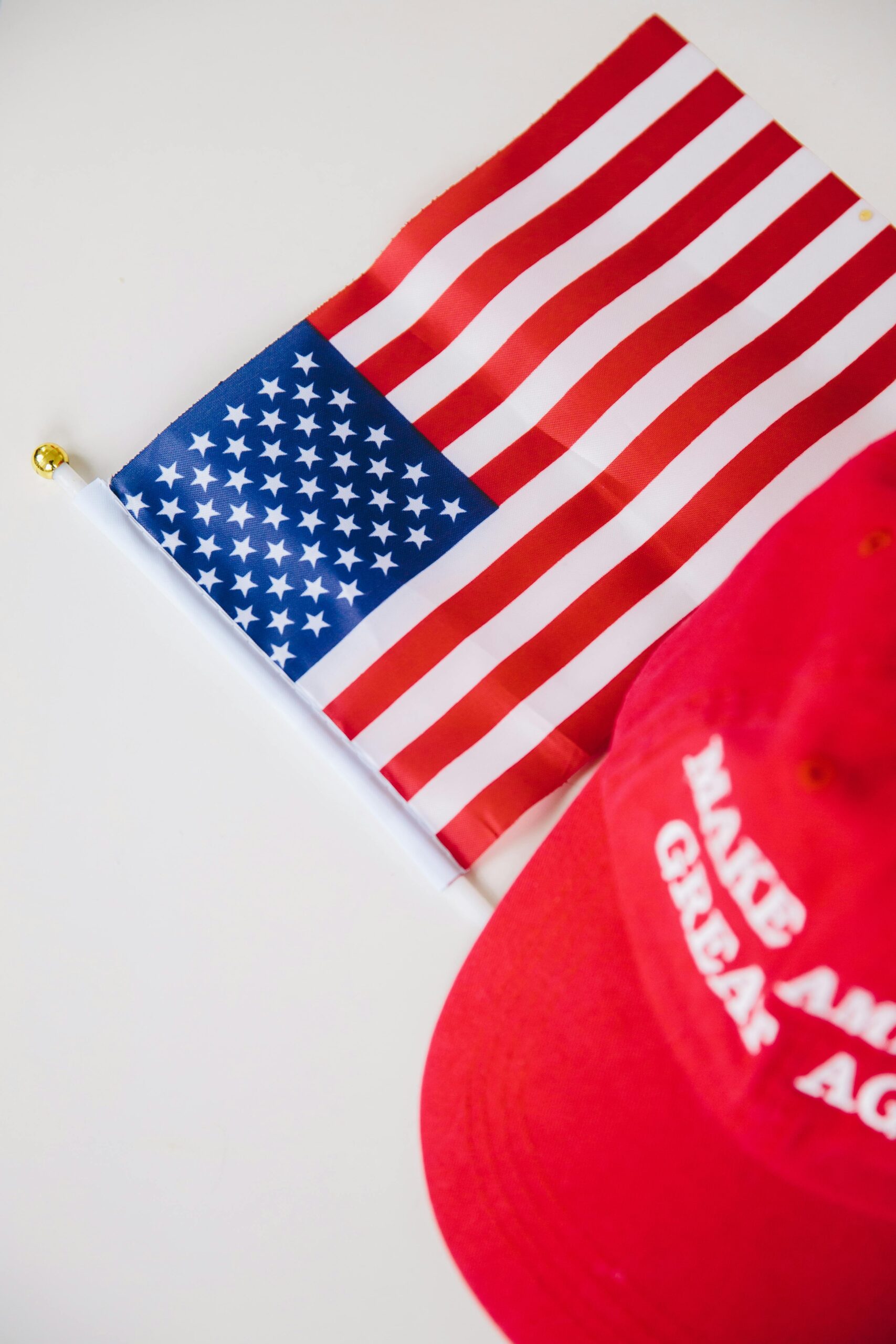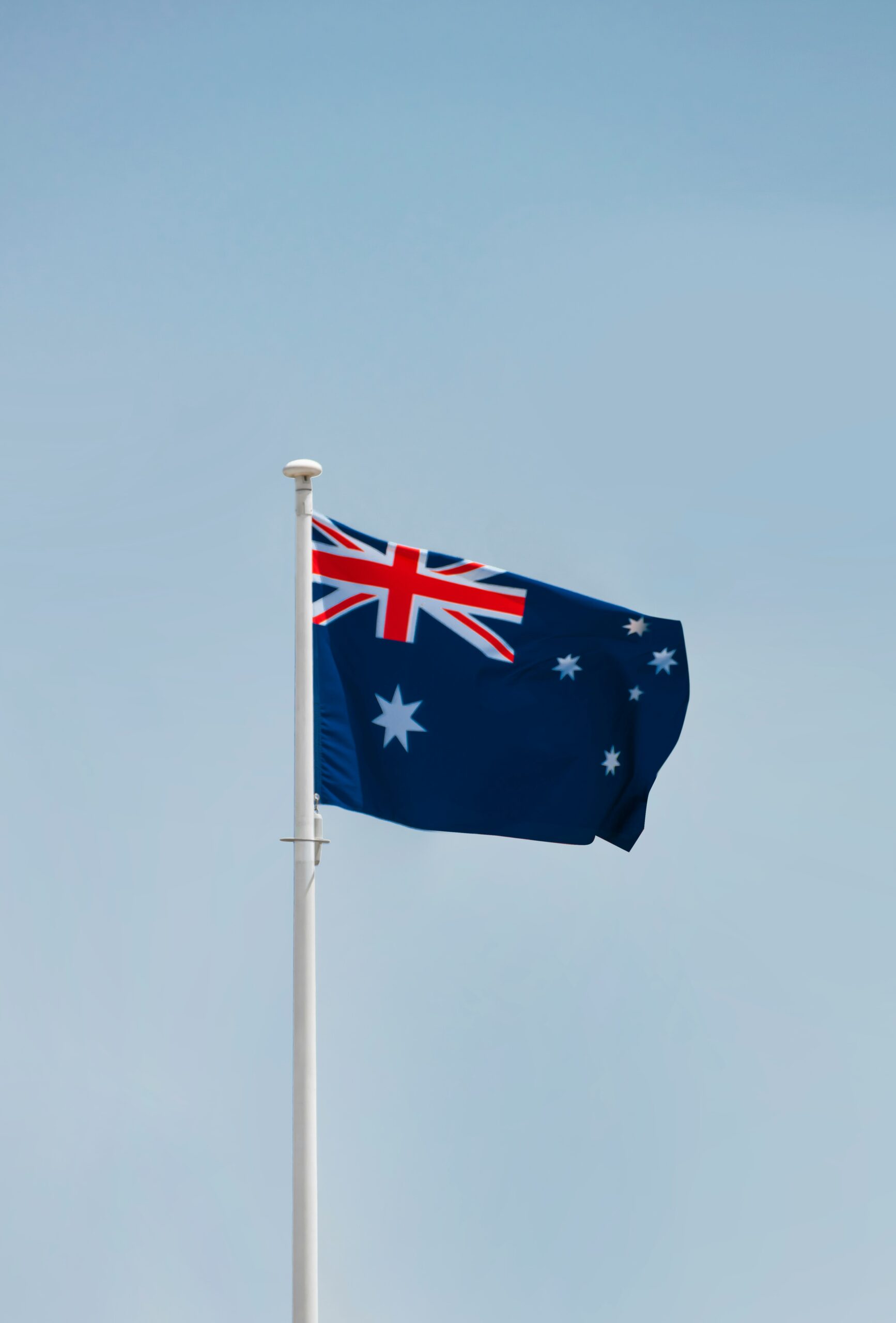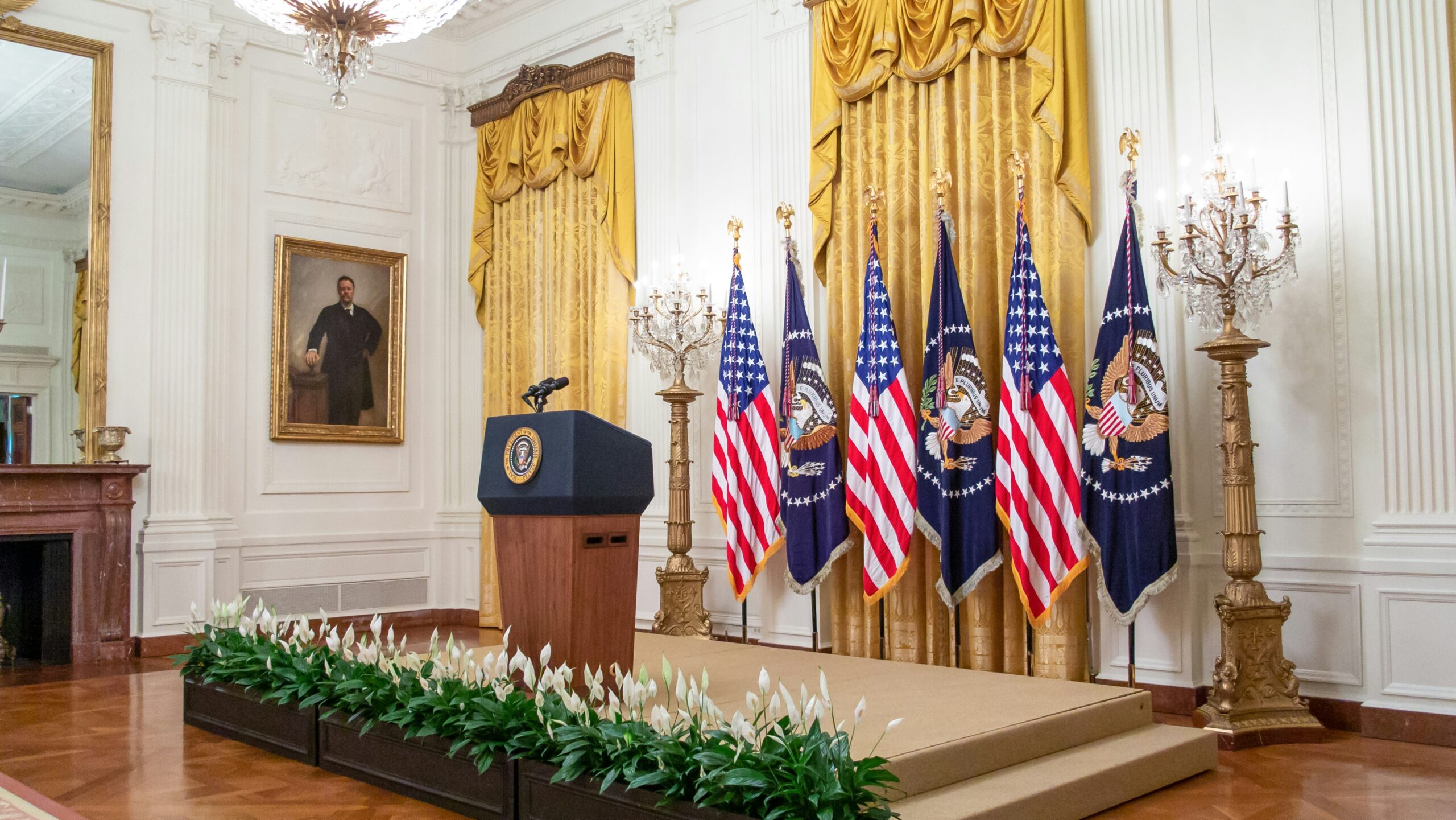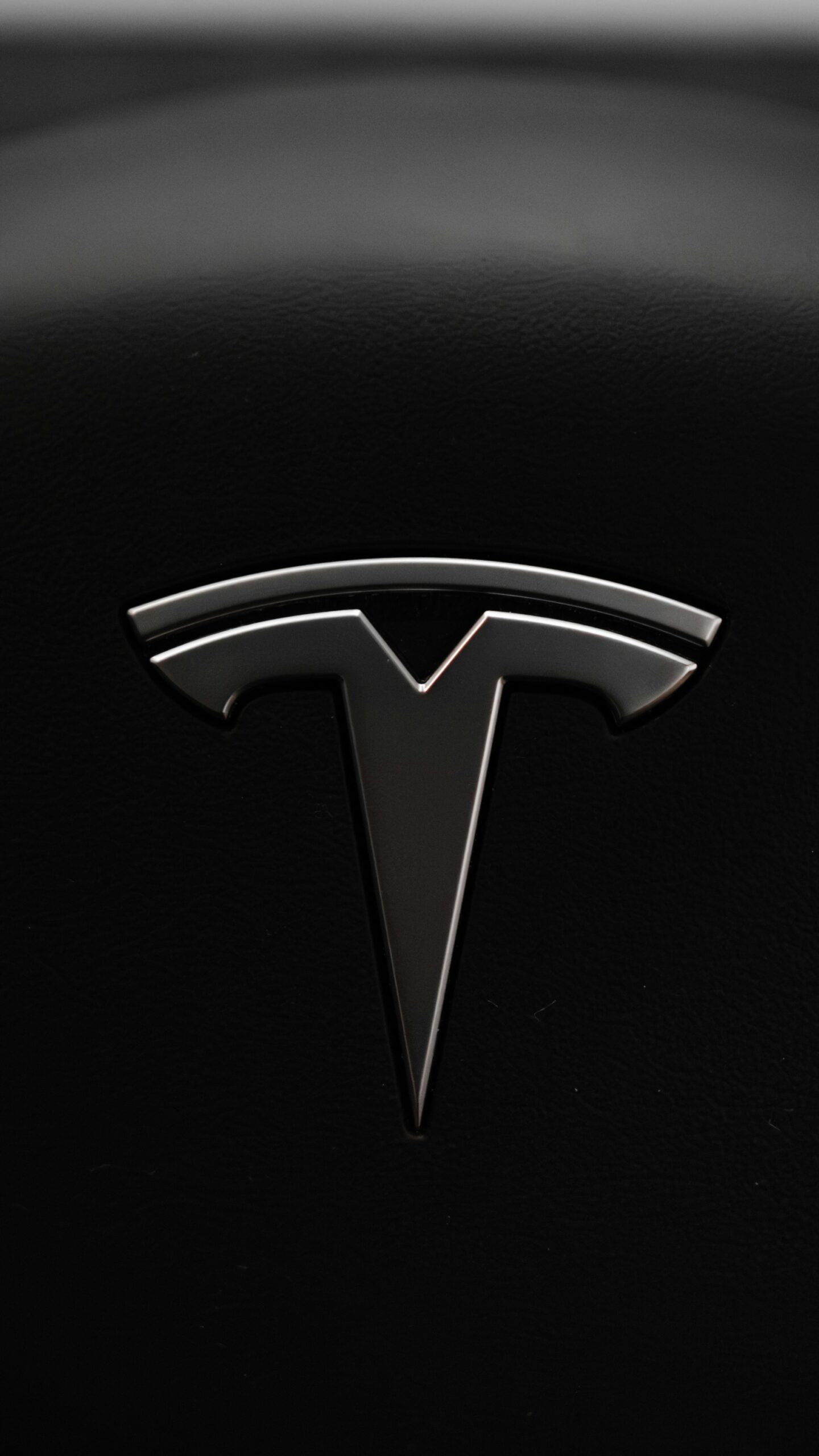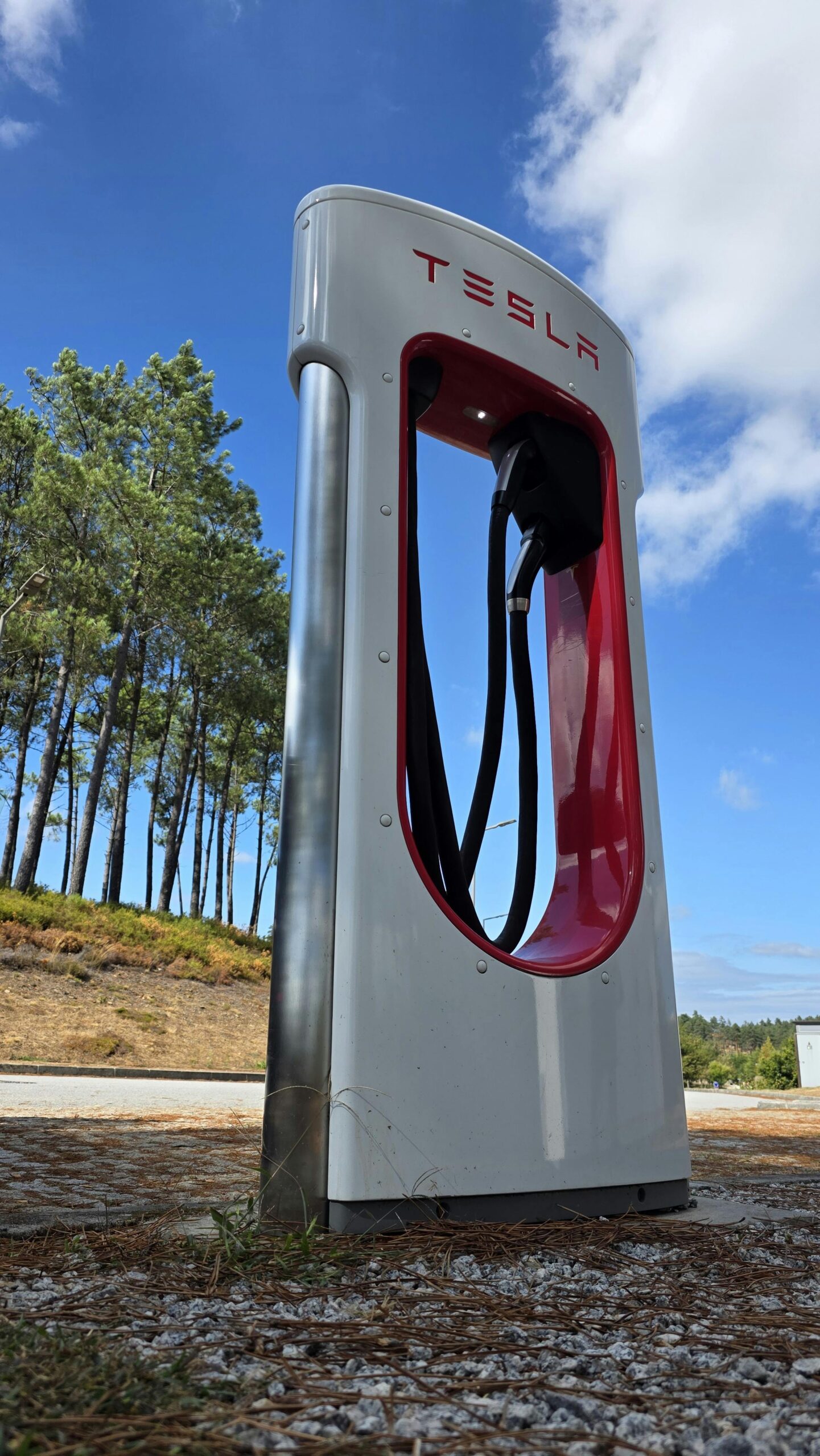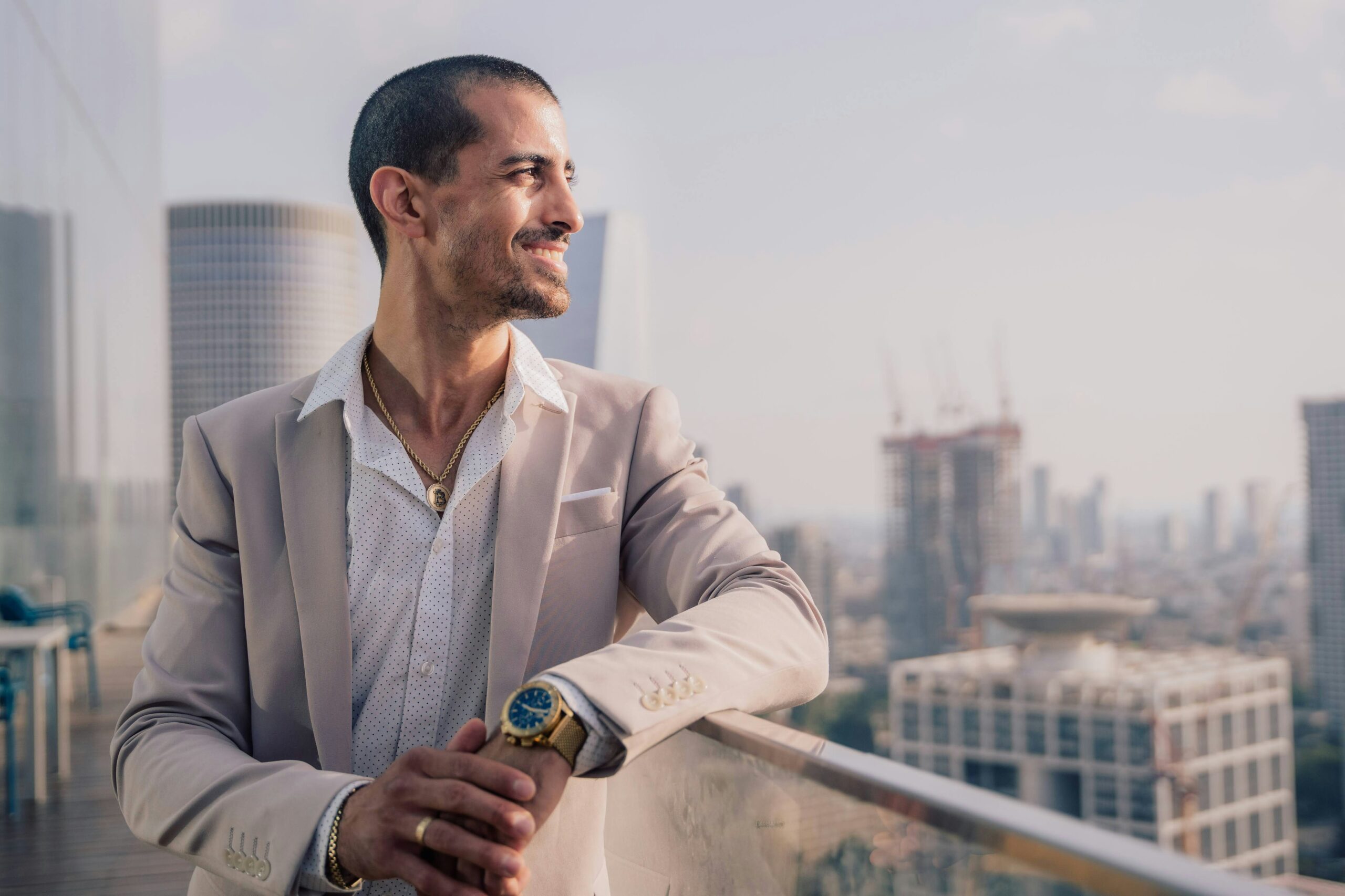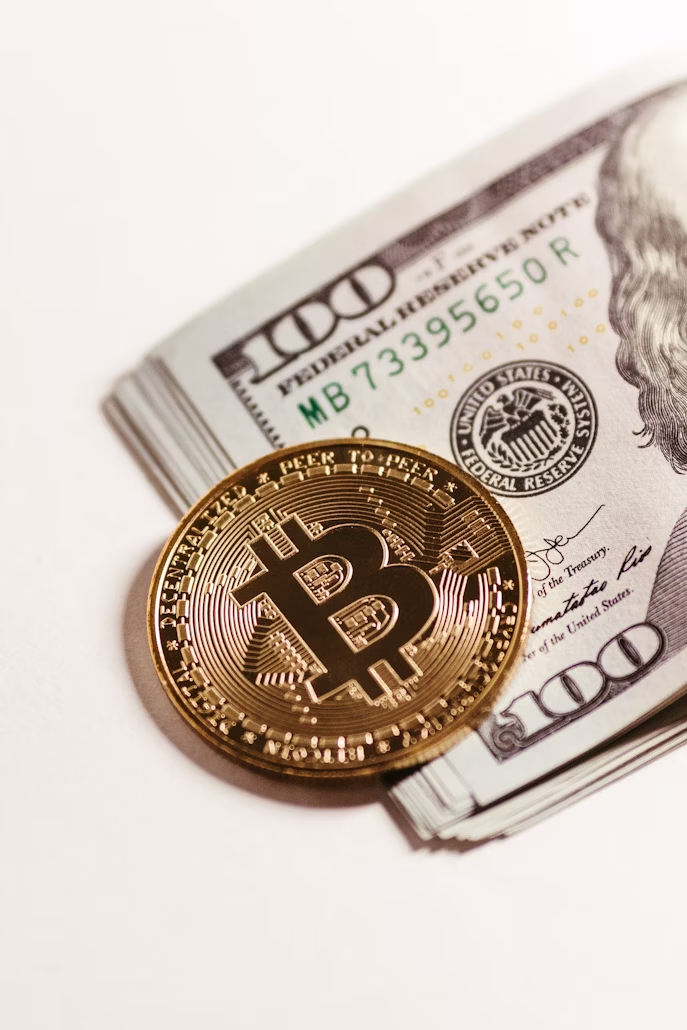Image credit: Unsplash
In a gutsy bid to reshape the digital world, billionaire Frank McCourt is spearheading an audacious effort to purchase TikTok, with the goal of crafting a new platform where users reign over their own data. McCourt’s vision reaches far beyond just owning TikTok; he’s aiming to revolutionize the internet, creating a safer, more user-focused alternative to today’s social media giants.
“I don’t want to own TikTok,” McCourt declared during a press briefing on Thursday. “I don’t want to be the CEO of a social media platform. I want a new internet. A new improved alternative to what we have.”
McCourt’s audacious quest arrives at a moment when data privacy and child safety on the web are hot-button issues. Legislative pushes to tackle these concerns are gaining steam at both state and federal levels, mirroring the urgency of the situation.
A significant aspect of McCourt’s proposal is the involvement of parents who have tragically lost their children due to harmful interactions on social media. These parents see McCourt’s vision as a beacon of hope for a safer online environment.
“Once Frank’s built the infrastructure and the public finds out that there’s a safer way to go, a more profitable way to go, then the people will start coming,” said Sam Chapman, whose son Sammy died from a fentanyl overdose after purchasing drugs through Snapchat. Chapman believes McCourt’s initiative could resonate with “hundreds of thousands of parents” seeking a secure digital space for their children.
McCourt has a long history of advocating for a reimagined internet where users retain ownership of their data. His Project Liberty initiative aims to construct a healthier social media ecosystem. To push his TikTok bid forward, Project Liberty is teaming up with Guggenheim Securities and the law wizards at Kirkland & Ellis.
The pitch has piqued the interest of a motley crew of potential backers, from private investors and pension funds to philanthropies and brainy academics. These backers are drawn to McCourt’s vision of a user-owned data paradigm, contrasting sharply with the current exploitative models.
Despite ByteDance, TikTok’s parent company, repeatedly asserting that it will not sell the app and pursuing legal action to block a law mandating divestiture, McCourt remains optimistic. He believes that if the courts rule against ByteDance, the company will be compelled to sell. McCourt’s group, focusing on TikTok’s community rather than its powerful algorithm, positions itself as a “nonthreatening buyer.”
“Our bet is they’re going to sell,” McCourt stated confidently. “Because remember, there’s a lot of American capital invested. Are they just gonna wipe all that out?”
The competition to acquire TikTok includes another notable contender: former Treasury Secretary Steven Mnuchin. Earlier this year, Mnuchin revealed that he was forming an investor group for a potential purchase. However, McCourt is critical of rival bids that merely replace one problematic funding source with another.
“If you replace Chinese money with Saudi money, what’s been solved here?” McCourt questioned. “It’s the same exploitative model, scraping everybody’s data, aggregating it, making money, and harming kids.”
McCourt’s game-changing vision and strategic savvy have resonated with a swelling crowd of supporters, marking a big leap forward in his mission to shake up the internet. As the TikTok saga unfolds, the stakes stretch beyond mere corporate ownership, delving into core principles of data privacy, user control, and the safety of future generations.



























